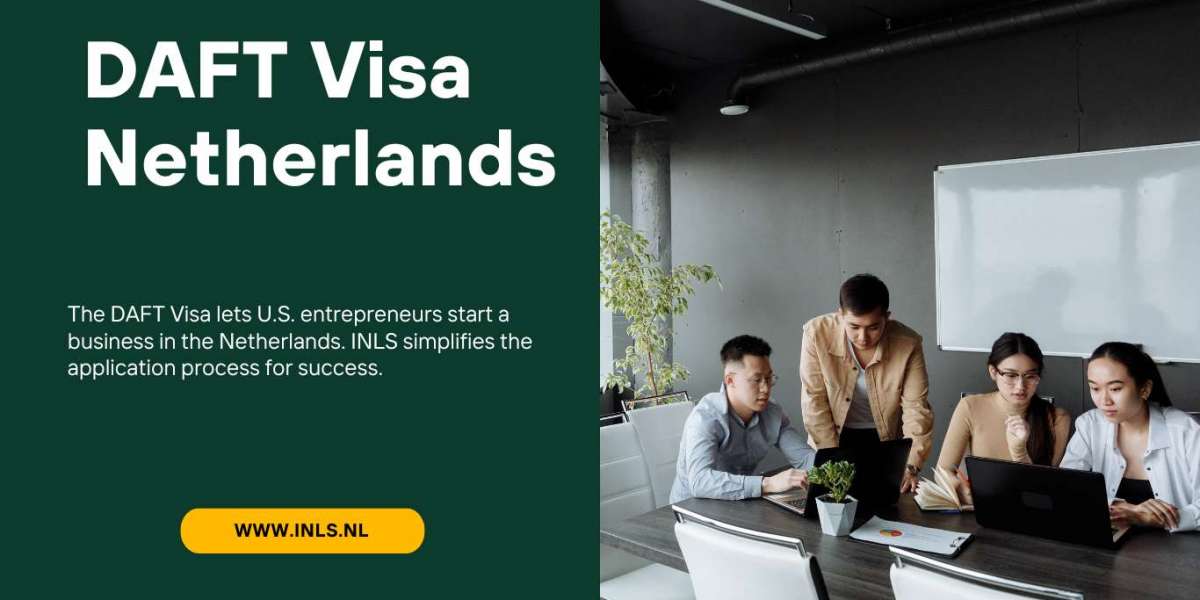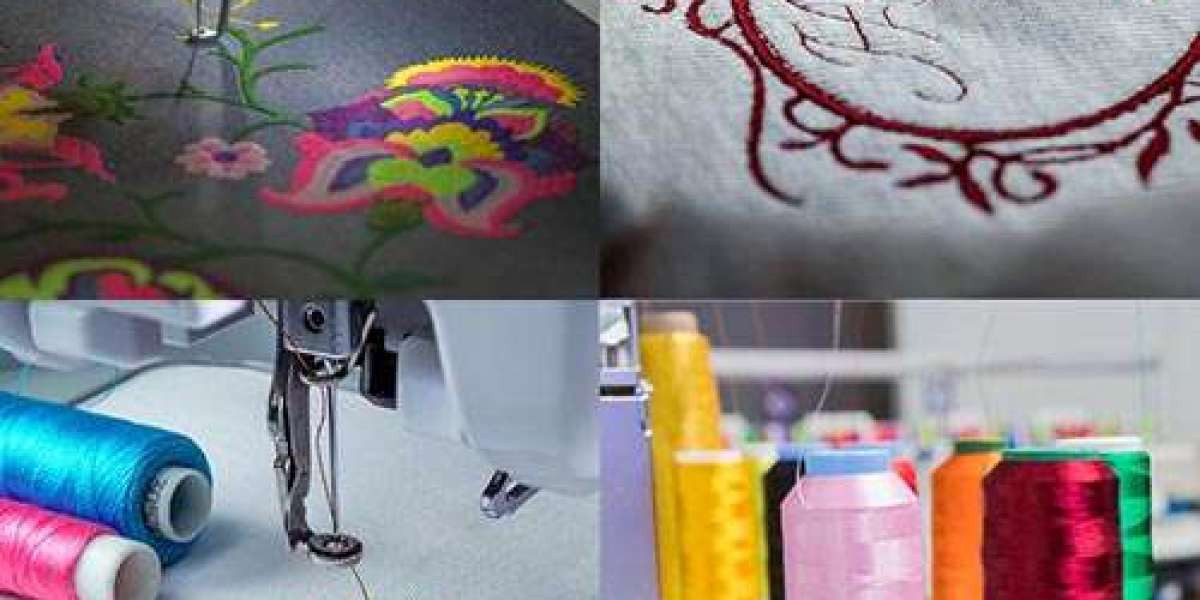What is the DAFT Visa?
The DAFT visa is a residence permit specifically designed for U.S. citizens who want to start a business in the Netherlands. Established under the Dutch-American Friendship Treaty of 1956, it simplifies the process of relocating and investing in the Dutch economy. This visa allows you to live and work in the Netherlands as a self-employed entrepreneur.
Why Choose the DAFT Visa?
Ease of Application: Compared to other visa types, the DAFT visa has fewer bureaucratic hurdles.
Flexible Requirements: There’s no need to prove specific educational qualifications or advanced language skills.
Business Freedom: The visa permits you to run a wide range of business activities, from consultancy to creative services.
Pathway to Residency: Successfully maintaining your business can lead to permanent residency after five years.
Key Requirements
To qualify for the DAFT visa, you must:
Prove Your U.S. Citizenship: Only American nationals are eligible.
Make a Minimum Investment: Deposit at least €4,500 into a Dutch business bank account.
Register Your Business: Establish and register your business with the Dutch Chamber of Commerce (KvK).
Maintain Financial Viability: Demonstrate that your business can support you financially.
Steps to Apply
Prepare Your Documents:
Valid U.S. passport
Proof of business registration (KvK extract)
Bank statement showing the required deposit
Health insurance coverage
Submit Your Application:
File your application with the Dutch Immigration and Naturalisation Service (IND).
Pay the processing fee (approximately €1,446 as of 2024).
Attend an Appointment:
Schedule an IND appointment for biometric data collection.
Wait for Approval:
Applications typically take up to 90 days to process.
Register Locally:
Once approved, complete your local municipality registration (BRP).
Maintaining Your DAFT Visa
To retain your DAFT visa, you must:
Renew your permit every two years.
Keep your business operational and profitable.
Continue meeting the financial investment requirement.
Benefits of the DAFT Visa
Cultural Exchange: Immerse yourself in Dutch culture and broWhat is the DAFT Visa?
The DAFT visa is a residence permit specifically designed for U.S. citizens who want to start a business in the Netherlands. Established under the Dutch-American Friendship Treaty of 1956, it simplifies the process of relocating and investing in the Dutch economy. This visa allows you to live and work in the Netherlands as a self-employed entrepreneur.
Why Choose the DAFT Visa?
Ease of Application: Compared to other visa types, the DAFT visa has fewer bureaucratic hurdles.
Flexible Requirements: There’s no need to prove specific educational qualifications or advanced language skills.
Business Freedom: The visa permits you to run a wide range of business activities, from consultancy to creative services.
Pathway to Residency: Successfully maintaining your business can lead to permanent residency after five years.
Key Requirements
To qualify for the DAFT visa, you must:
Prove Your U.S. Citizenship: Only American nationals are eligible.
Make a Minimum Investment: Deposit at least €4,500 into a Dutch business bank account.
Register Your Business: Establish and register your business with the Dutch Chamber of Commerce (KvK).
Maintain Financial Viability: Demonstrate that your business can support you financially.
Steps to Apply
Prepare Your Documents:
Valid U.S. passport
Proof of business registration (KvK extract)
Bank statement showing the required deposit
Health insurance coverage
Submit Your Application:
File your application with the Dutch Immigration and Naturalisation Service (IND).
Pay the processing fee (approximately €1,446 as of 2024).
Attend an Appointment:
Schedule an IND appointment for biometric data collection.
Wait for Approval:
Applications typically take up to 90 days to process.
Register Locally:
Once approved, complete your local municipality registration (BRP).
Maintaining Your DAFT Visa
To retain your DAFT visa, you must:
Renew your permit every two years.
Keep your business operational and profitable.
Continue meeting the financial investment requirement.








